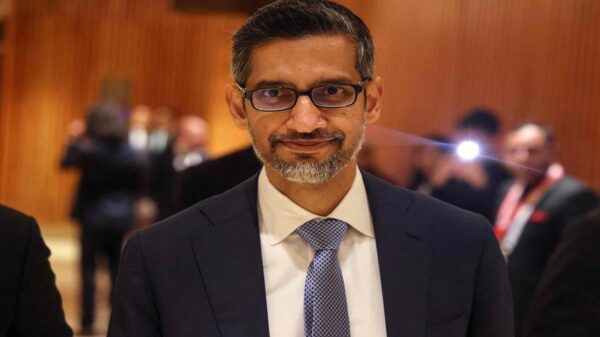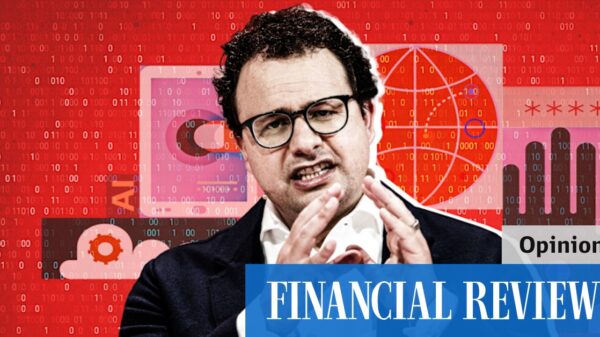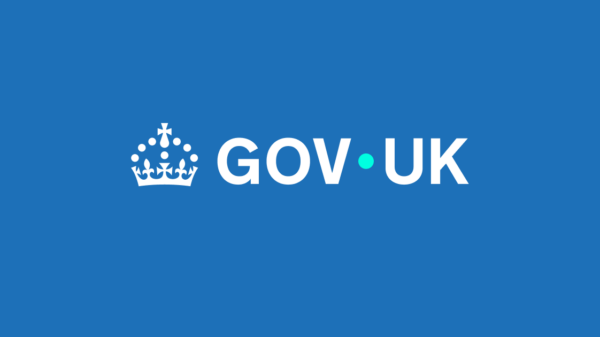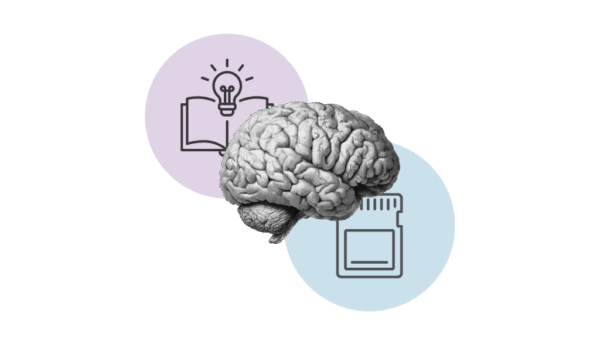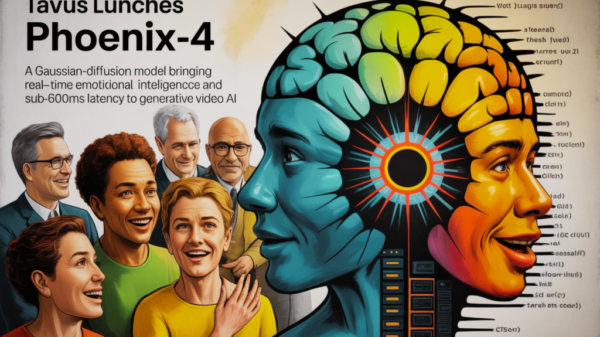Artificial intelligence pioneer Yann LeCun has announced his departure as Meta’s chief AI scientist at the end of this year. This marks a significant transition for a figure widely regarded as a leader in the field of AI.
LeCun, who joined Facebook in 2013 and co-founded the company’s AI research division, known as Facebook AI Research, will be shifting his focus to a new venture: a startup dedicated to advancing AI research. In his words, the new company will aim to develop AI systems capable of “understanding the physical world, having persistent memory, reasoning, and planning complex action sequences.”
Interestingly, LeCun stated that Meta plans to collaborate with his startup. He indicated that while some of the research will align with Meta’s commercial interests, other aspects will not, hinting at a potentially innovative approach to AI development that transcends existing corporate limitations.
LeCun stepped down as the director of Meta’s AI research division in 2018 but has since retained the title of chief AI scientist. His career has been pivotal in shaping AI technologies, particularly in the realm of image processing and neural networks. Before joining Facebook, LeCun worked in the image processing department at AT&T Bell Labs, focusing on AI systems capable of interpreting text in digitized images.
In recognition of his contributions, LeCun was awarded the prestigious Turing Award in 2019, alongside fellow AI pioneers Yoshua Bengio and Geoffrey Hinton. This accolade underscores his significant influence in the AI landscape.
Implications for the AI Landscape
LeCun’s move comes at a time when the AI industry is experiencing rapid evolution. As companies vie for leadership in this transformative field, the establishment of independent startups can lead to groundbreaking advancements. By prioritizing a focus on understanding complex cognitive tasks, LeCun’s new venture could unlock new methodologies that enhance AI’s capabilities beyond current limitations.
The collaboration between LeCun’s startup and Meta could also foster a new model of innovation, where corporate interests and independent research coexist. This could potentially lead to breakthroughs that might otherwise be stifled in a more traditional corporate environment.
Furthermore, LeCun’s vision for AI with persistent memory and reasoning abilities aligns with broader trends in the field. As the demand for more sophisticated AI systems grows, researchers and companies alike are exploring how to create AI that not only processes information but also learns and adapts in ways that mimic human cognition.
Future Directions
As LeCun embarks on this new journey, the AI community will undoubtedly be watching closely. His prior accomplishments provide a strong foundation for the innovations he aims to achieve in his startup. The potential impacts of this venture could ripple throughout the industry, inspiring others to rethink how AI systems are developed and utilized.
In conclusion, Yann LeCun’s departure from Meta and his plans to establish a startup signify a notable shift not just in his career but also in the future landscape of AI research. His commitment to developing advanced AI systems could lead to significant breakthroughs, influencing both academic research and commercial applications.
See also Warner Music Group and Stability AI Partner to Develop Ethical AI Tools for Music Creation
Warner Music Group and Stability AI Partner to Develop Ethical AI Tools for Music Creation Pope Leo XIV Addresses AI’s Impact on Human Dignity for 60th World Communications Day
Pope Leo XIV Addresses AI’s Impact on Human Dignity for 60th World Communications Day Hugging Face CEO Declares LLM Bubble; Emphasizes Shift to Specialized AI Models
Hugging Face CEO Declares LLM Bubble; Emphasizes Shift to Specialized AI Models Senators Introduce Bipartisan AI Security Bill for NSA Playbook Against Foreign Threats
Senators Introduce Bipartisan AI Security Bill for NSA Playbook Against Foreign Threats Google DeepMind Launches AI Research Lab in Singapore to Boost APAC Innovation
Google DeepMind Launches AI Research Lab in Singapore to Boost APAC Innovation










